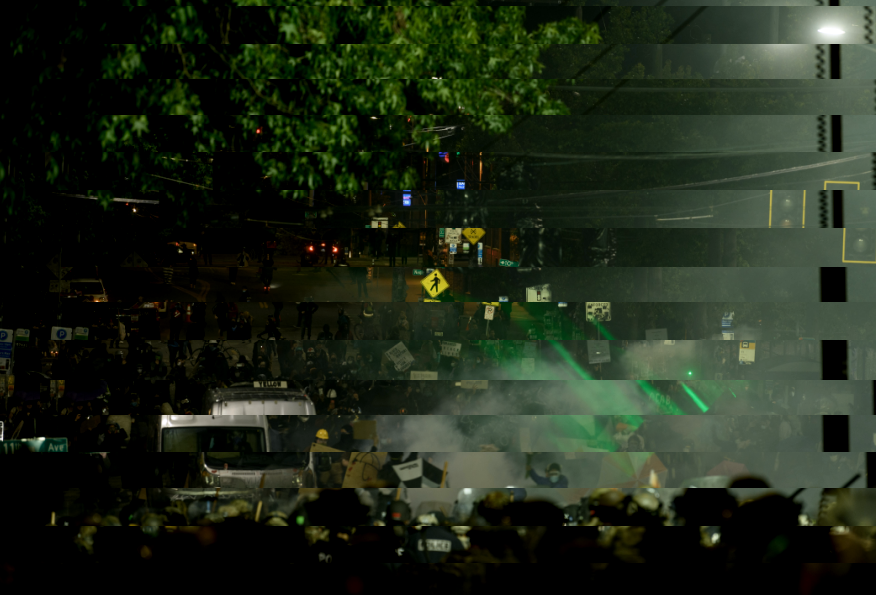Seattle PD in their delulu era, targets me and the public

On the morning of Trump’s second Presidential election victory, the Seattle Police Department (SPD) took unilateral action against myself and other members of the public, effectively moving to shut down our access to public records.
Multiple SPD communiqués sent through the city’s public records portal, GovQA, described monumental actions being taken by the department to combine 821 unique public record requests (PDRs) made by numerous requestors into three discrete “groups”:
Group 1 combines 163 requests.
Group 2 combines 479 requests.
Group 3 combines 179 requests.
Where PDRs are typically processed individually, this “grouping” now lumps hundreds of requests together into three single tracks for processing. The effect of these actions is immense and represents direct harm to myself and the public.
In reality, the “grouping” process enacted by the SPD indicates that the fulfillment of these PDRs may take multiple decades to complete, if they are ever completed at all.
For example, in “Group 1”, instead of processing 163 PDRs simultaneously, as the SPD has been doing prior to November 5, 2024, the department now says it will process all 163 chronologically, with only the single oldest request being processed at one time. Every other request in the group will be indefinitely delayed.
Two of my requests included in “Group 1” were actually already closed and shuttered before SPD sent their grouping communiqué to me on November 5th. These two requests had previously entered the scope of settlement in my public records act lawsuit against the SPD. That indicates that the shaping of these “groups” was done at the same time my previous lawsuit was entering settlement negotiations. Is the SPD specifically aiming to target me?
SPD spokesman Patrick Michaud wrote to HardPressed that SPD does not “target” any requestor. He continued, “The recent grouping, which arose out of extraordinary circumstances, was designed such that all requests for records relating to the 2020 protests were grouped together, requests for text messages and emails were grouped together, and requests for file paths and drives, which require customized access, were grouped together.”
Many of my own personal PDRs have sat languishing unfulfilled for years. The SPD’s new grouping action will condemn those requests to a dusty shelf for potentially decades to come.
As a reporter, this is disastrous, and represents a continued attack on reality, not from an incoming Trump administration, but from Seattle’s own law enforcement entity.
My work began during Trump’s first run as President. At that time, the SPD sowed an alternate reality in the media, and perpetrated a mass wave of violence against Seattleites in 2020. The SPD’s actions have since resulted in millions of dollars in legal fees and settlements, paid out by the city of Seattle, underwritten by taxpayers.
We still do not know the complete story of what the SPD did in 2020.
The requests that SPD has just “grouped,” i.e. shut down, aimed to liberate that truth.
In addition, my other requests, “grouped” by the SPD, aimed to liberate information surrounding the SPD’s coordination with the U.S. Marshalls to use cell site simulator surveillance devices, SPD communications with Federal Monitor Antonio Oftelie, with Target Corporation executives, and with a highly controversial SPD training provider.
Throughout history, Seattle officials, including Bruce Harrell, Carmen Best, and Adrian Diaz have routinely postured in public statements, touting the value of transparency.
In practice, the SPD’s actions, taken on the eve of another Trump presidency, show that the SPD is taking steps to restrict the public’s access to information, revealing an institutional allegiance and commitment to anti-democratic repression of knowledge.
Orisanmi Burton writes in Tip of the Spear: Black Radicalism, Prison Repression, and the Long Attica Revolt that, “because of its dominance on the narrative terrain, the state was able to shape public perception of the struggle in real time and condition our historical forgetting,” regarding the 1970 Auburn, New York prison uprising.
Through the SPD’s grouping regime, the department is unilaterally limiting the scope of information available to the public and to the press, conditioning our historical forgetting and our future understanding of how the SPD’s violent power has been and continues to be harnessed by city leaders for potentially decades to come.

